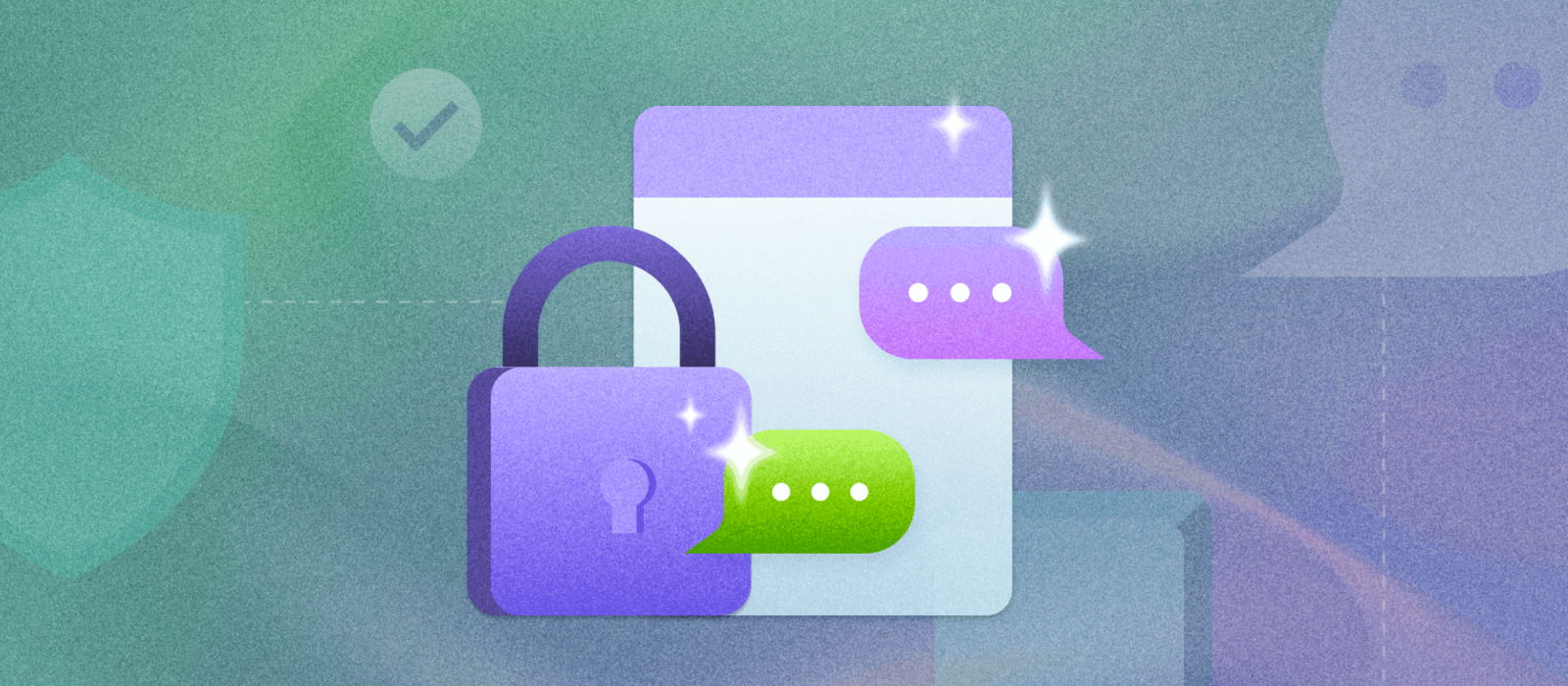While SMS text messaging and chat apps offer convenience and ease of use, they often lack robust security measures to protect your sensitive information. Here are some of the risks associated with sending sensitive data through these platforms:
Data storage and retention policies
SMS messages and chat histories are typically stored on your device and the service provider’s servers. While deleting messages from your device may seem straightforward to remove sensitive information, it does not ensure the data is permanently erased. Service providers often have their own data storage and retention policies, which may include backup copies of your messages. This means that your sensitive information could be retained on their servers for an extended period, making it vulnerable to unauthorized access or data breaches.
Vulnerability to hackers and cyberattacks
How to write notes online? SMS and chat platforms are frequent targets for hackers and cybercriminals due to their widespread use and the sensitive information they often contain. These platforms may have security vulnerabilities that malicious actors exploit. For example, a hacker could intercept text messages sent over an unsecured Wi-Fi network or access your chat history if your device is infected with malware. Once they gain access, they steal your sensitive information, leading to identity theft, financial loss, or other serious consequences.
Lack of authentication and verification
Unlike secure messaging platforms that offer end-to-end encryption, SMS and many chat apps do not provide robust authentication and verification mechanisms. This lack of security makes accessing your messages easier for imposters or unauthorized individuals. For instance, someone could steal your phone and read your incoming text messages without authenticating their identity. Similarly, it is relatively easy for a hacker to compromise your account on a chat app that does not require two-factor authentication or other robust security measures.
SMS or chat apps should avoid sensitive information
Personal identification information
This includes any data used to identify or trace an individual’s identity, such as their full name, date of birth, address, Social Security number, driver’s license number, passport details, or national identification card numbers. This type of information is often targeted by identity thieves, who can use it to open fraudulent accounts, apply for loans, or commit other forms of identity fraud.
Financial and banking details
Sensitive financial information, such as credit card numbers, CVV codes, bank account numbers, and login credentials, should never be sent via SMS or chat apps. This data is precious to cybercriminals, who can use it to make unauthorized transactions, steal funds, or commit identity theft. Always use secure platforms provided by financial institutions to share such information.
Private medical information
Medical records and sensitive health-related information should be treated with utmost confidentiality. Avoid sending personal medical details, prescription information, diagnostic results, or other health-related data via SMS or chat apps. Unauthorized access to this information could lead to privacy breaches, identity theft, or discrimination based on health status.
Confidential business information
If you handle sensitive business information, it is crucial to avoid sharing it over unsecured platforms. This includes proprietary information, trade secrets, financial reports, strategic plans, customer data, or confidential details. Sharing such information via SMS or chat apps could lead to intellectual property theft or legal consequences.










